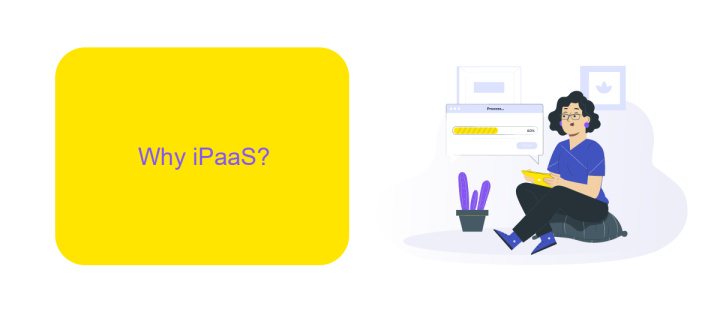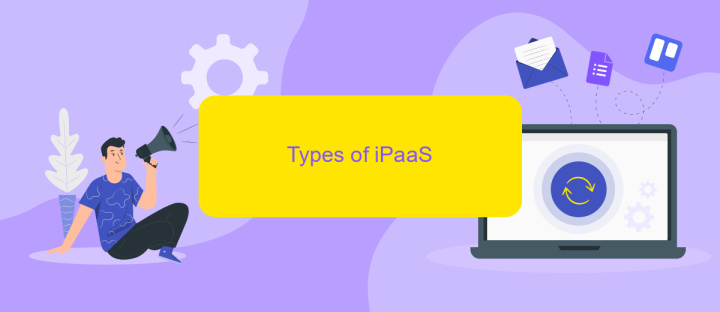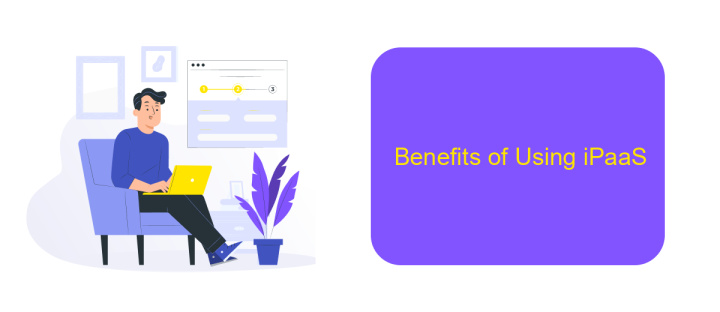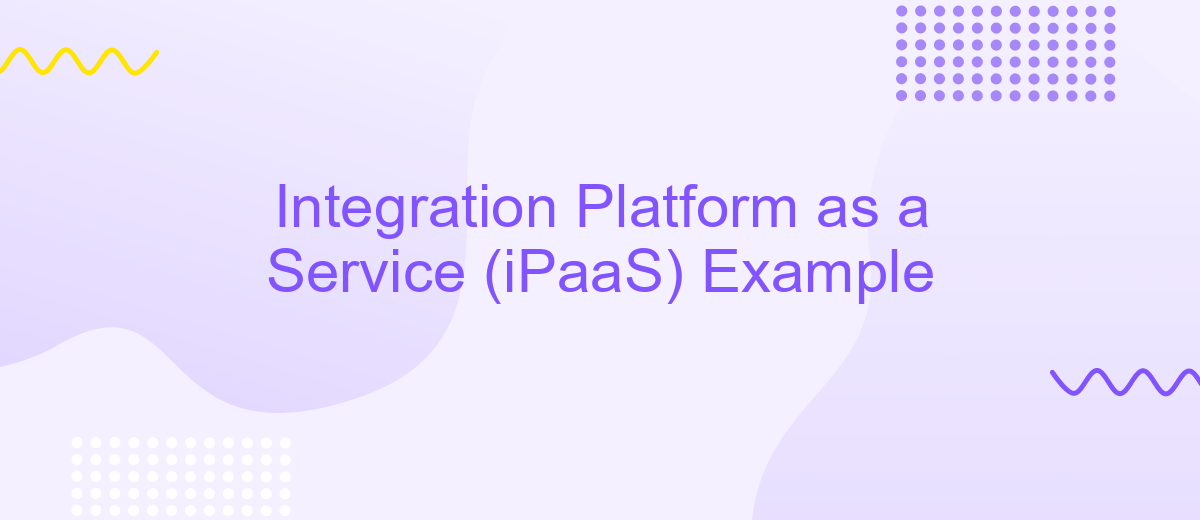Integration Platform as a Service (iPaaS) Example
Integration Platform as a Service (iPaaS) is revolutionizing how businesses connect disparate systems and applications. By offering a cloud-based solution for seamless integration, iPaaS enables organizations to streamline workflows, enhance data sharing, and improve operational efficiency. This article explores a real-world example of iPaaS in action, demonstrating its transformative potential in modern business environments.
Terminology and Concept
Integration Platform as a Service (iPaaS) refers to a suite of cloud services enabling the development, execution, and governance of integration flows connecting any combination of on-premise and cloud-based processes, services, applications, and data within individual or across multiple organizations. iPaaS solutions provide tools to create integration flows that connect applications residing in different environments.
- Connectors: Pre-built modules that facilitate integration with various applications and services.
- Data Transformation: The process of converting data from one format or structure to another.
- API Management: Tools to create, publish, and manage APIs in a secure environment.
- Workflow Automation: Automating business processes by integrating various applications and services.
- Monitoring and Analytics: Tools to track and analyze the performance of integration flows.
For instance, ApiX-Drive is an iPaaS solution that simplifies the integration process by providing a user-friendly interface and a wide range of connectors for popular applications. It allows businesses to automate workflows without needing extensive technical knowledge, ensuring seamless data flow and operational efficiency.
Why iPaaS?

Integration Platform as a Service (iPaaS) offers a streamlined solution for businesses seeking to connect disparate applications and data sources. By leveraging iPaaS, organizations can automate workflows, enhance data synchronization, and improve overall operational efficiency. This cloud-based integration model eliminates the need for extensive on-premise infrastructure, reducing both costs and complexity. Services like ApiX-Drive exemplify the power of iPaaS by providing user-friendly tools that enable seamless integration of various applications without requiring extensive coding knowledge.
Moreover, iPaaS platforms are designed to scale with your business needs, ensuring that as your organization grows, your integration capabilities can expand accordingly. They also offer robust security features to protect sensitive data during transfer and integration processes. With real-time data processing and easy-to-use interfaces, iPaaS solutions like ApiX-Drive empower businesses to focus on core activities while ensuring that their systems remain interconnected and efficient. This makes iPaaS an invaluable asset for modern enterprises aiming to stay agile and competitive in an increasingly digital landscape.
Types of iPaaS

Integration Platform as a Service (iPaaS) solutions come in various types, each catering to different integration needs and complexities. These platforms enable businesses to seamlessly connect disparate systems, applications, and data sources, ensuring smooth data flow and operational efficiency.
- Cloud-based iPaaS: These platforms are hosted in the cloud and offer high scalability, flexibility, and ease of use. They are ideal for businesses looking to integrate multiple cloud services and on-premises applications without extensive IT involvement.
- Hybrid iPaaS: This type combines both cloud-based and on-premises integration capabilities. It is suitable for organizations that need to maintain certain data and applications on-premises while leveraging the cloud for other integrations.
- Data Integration iPaaS: Focused on data synchronization and migration, these platforms facilitate the movement and transformation of data between various systems. They are essential for businesses dealing with large volumes of data from multiple sources.
- API Management iPaaS: Designed for managing and integrating APIs, these platforms simplify the creation, deployment, and monitoring of APIs. Services like ApiX-Drive fall into this category, offering robust API integration and automation capabilities.
Each type of iPaaS offers unique benefits tailored to specific business needs. Choosing the right iPaaS solution depends on factors such as the complexity of integrations, data volume, and existing IT infrastructure. By leveraging the appropriate iPaaS, businesses can enhance their agility, reduce integration costs, and streamline their operations.
Benefits of Using iPaaS

Using an Integration Platform as a Service (iPaaS) offers numerous advantages for businesses looking to streamline their operations and enhance efficiency. One of the key benefits is the ability to integrate various applications and data sources seamlessly, which reduces the complexity of managing multiple systems.
Additionally, iPaaS solutions like ApiX-Drive provide user-friendly interfaces that allow even non-technical users to set up integrations quickly. This empowers businesses to adapt faster to changing market demands and improve their agility.
- Enhanced data synchronization across different platforms
- Reduced operational costs through automated workflows
- Improved scalability to handle growing business needs
- Increased productivity by minimizing manual data entry
Furthermore, iPaaS platforms ensure high levels of data security and compliance, making them a reliable choice for businesses of all sizes. By leveraging these benefits, companies can focus more on their core activities and drive innovation.
Examples of iPaaS Providers
One of the leading examples of iPaaS providers is ApiX-Drive. This platform stands out for its user-friendly interface and powerful integration capabilities. ApiX-Drive allows businesses to connect various applications and automate workflows without the need for extensive coding knowledge. Users can easily set up integrations between popular services such as CRM systems, email marketing tools, and e-commerce platforms, streamlining their operations and improving efficiency.
Another notable iPaaS provider is MuleSoft, which offers a comprehensive suite of tools for building application networks. MuleSoft’s Anypoint Platform enables organizations to design, deploy, and manage APIs and integrations from a single platform. Similarly, Dell Boomi provides a cloud-based integration solution that connects applications and data across on-premises and cloud environments. These iPaaS providers help businesses overcome integration challenges, reduce costs, and accelerate digital transformation initiatives.


FAQ
What is Integration Platform as a Service (iPaaS)?
How does iPaaS help in automating workflows?
What are the key features to look for in an iPaaS solution?
Can iPaaS integrate with both cloud-based and on-premises systems?
How can businesses ensure the security of their data when using iPaaS?
Do you want to achieve your goals in business, career and life faster and better? Do it with ApiX-Drive – a tool that will remove a significant part of the routine from workflows and free up additional time to achieve your goals. Test the capabilities of Apix-Drive for free – see for yourself the effectiveness of the tool.

